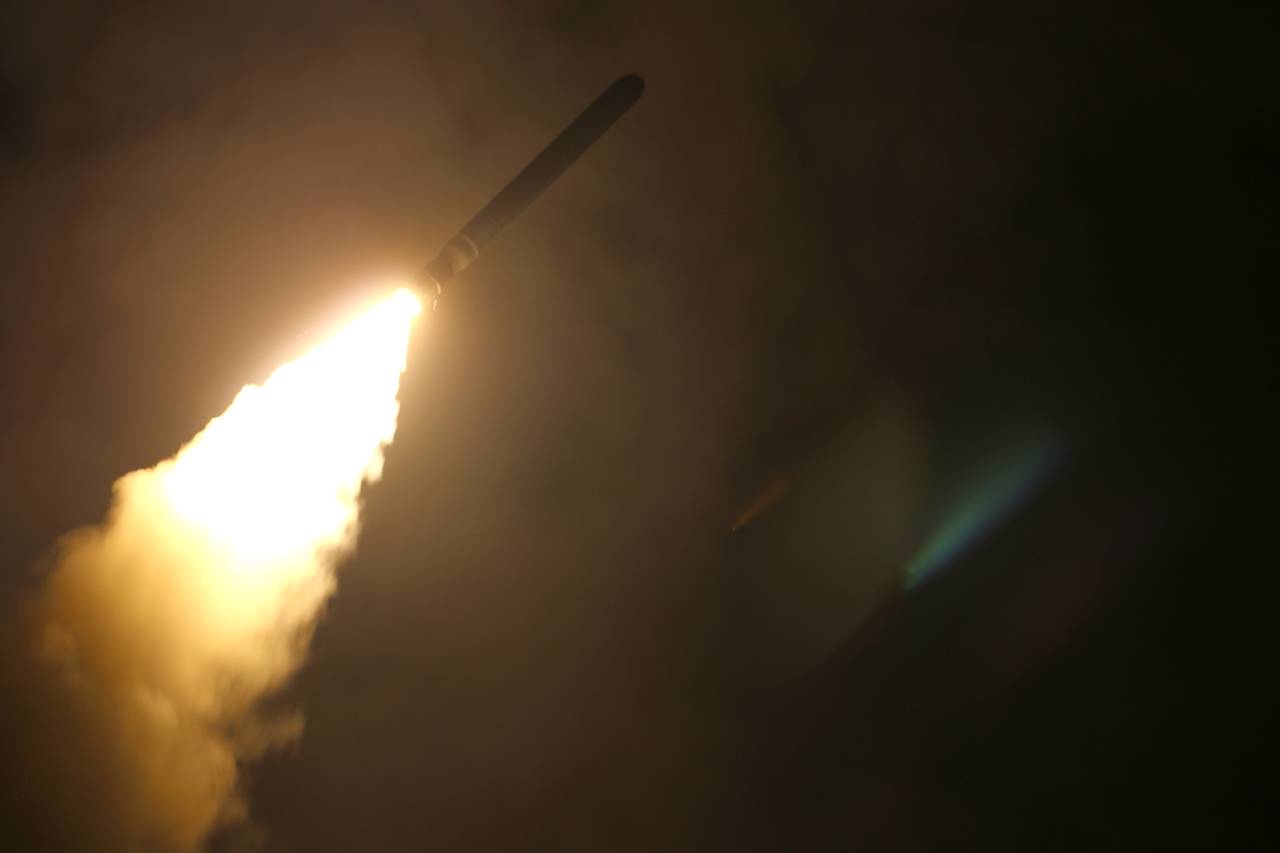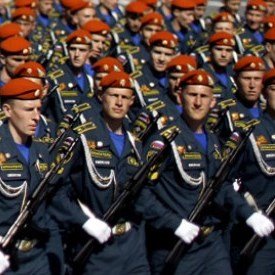(WSJ) The crisis in Syria—the chemical weapons attack by President Bashar al-Assad’s forces, followed by the limited U.S.-U.K.-France military response—creates an opportunity to develop the broader Syria strategy the West now lacks.
The first element of such a strategy is to help local allies in Syria hold their ground. It would be folly to cede even more influence to Mr. Assad’s murderous regime, Iran, Hezbollah or a prospective ISIS 2.0. This objective may require small deployments of U.S. forces to certain sectors of the country—not for “presence,” but for specific purposes like being able to call in airstrikes if partners are threatened, or protecting aid workers who are helping reconstruct these areas so refugees can start to return. […]
In all of this, as we have written previously with Russia expert Pavel Baev, America and its international partners have a major advantage: money. Most of the $100 billion or so in financing that Syria will ultimately need to rebuild can only be delivered by the U.S. and its allies. That provides some leverage—not enough to push Mr. Assad out of power, but perhaps enough to coax him into forming a successor government with broader representation down the road, and to persuade Moscow to help in the effort. Western funds should not flow to Mr. Assad or the regions he controls until he steps down. The only exception would be limited amounts of food and medicine for humanitarian purposes, once he starts respecting cease-fires and stops massacring innocents. […]
Read More © Wall Street Journal











